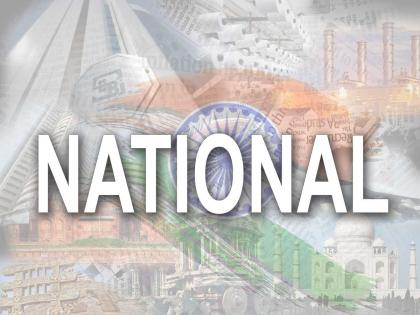'DDT removal settles issue of inequity in dividend taxation'
By IANS | Published: February 3, 2020 09:04 PM2020-02-03T21:04:54+5:302020-02-03T21:15:04+5:30
The budget proposal to remove dividend distribution tax (DDT) has not only addressed the issue of inequity in dividend taxation but has also given relief to non-residents, said a Finance Ministry official.

'DDT removal settles issue of inequity in dividend taxation'
"Single rate of taxation is always iniquitous as it favours taxpayers who are in higher tax brackets and work against those who are in lower tax brackets. Thus, it was a case of reverse subsidy from the poor to rich taxpayers," the official said.
Presenting the Union Budget last Saturday, Finance Minister Nirmala Sitharaman announced abolition of the DDT. The minister said the revenue foregone due to removal of the tax will be Rs 25,000 crore.
Under corporate system of taxation, a corporate entity is a separate legal entity and is taxed in respect of its income. In addition, shareholders are taxed on dividend income received by them.
Most countries follow this classical system of taxation but there are a few countries like Australia which allows credit of tax paid by the company while taxing dividend in the hands of shareholders.
Presently, DDT is levied at the rate of 15 per cent which, after grossing up, comes to 17.65 per cent. Taking the impact of surcharge at 12 per cent and cess at 4 per cent, this comes to 20.56 per cent.
In addition, a resident (other than company) is required to pay tax at 10 per cent plus applicable surcharge and cess if the dividend income in a year exceeds Rs 10 lakh.
The new system would encourage low income earners to invest in capital market as the person with total income upto Rs 5 lakh will not have to pay tax on dividend income as against 20.56 per cent paid by them indirectly.
"Similarly, under the new tax regime, persons with total income from Rs 5 lakh to Rs 7.5 lakh would pay tax at 10 per cent and persons with total income from Rs 7.5 lakh to 10 lakh would pay tax at 15 per cent. All these taxpayers would benefit from abolition of DDT as the tax to be paid by them on their dividend income would be less than what they were earlier paying indirectly through DDT," the official said.
( With inputs from IANS )
Open in app